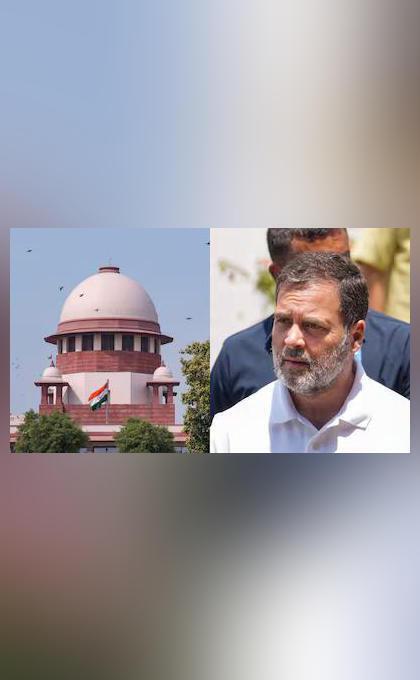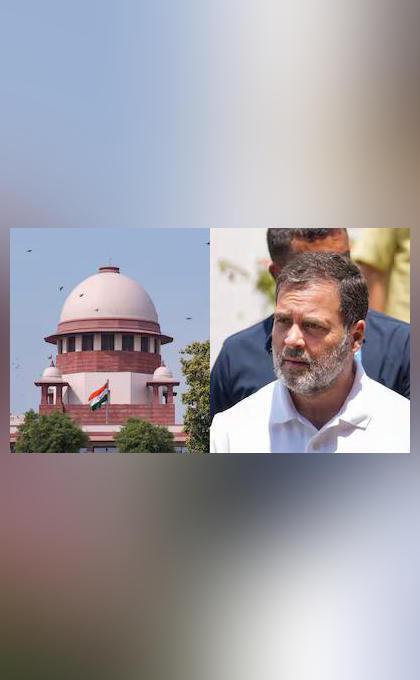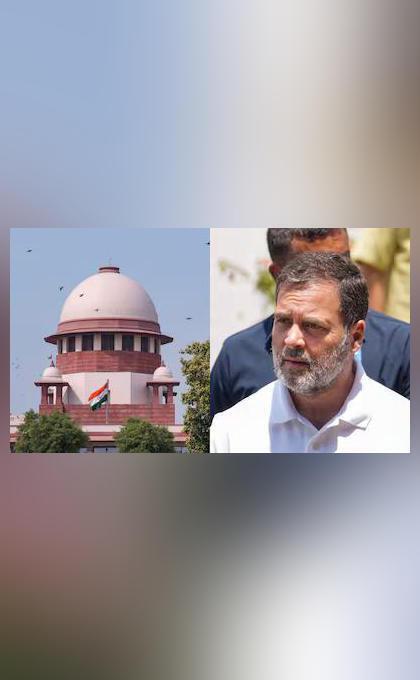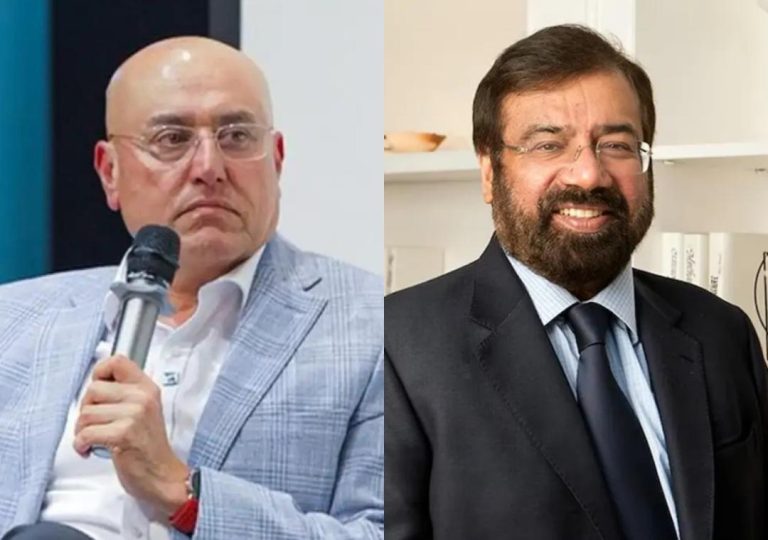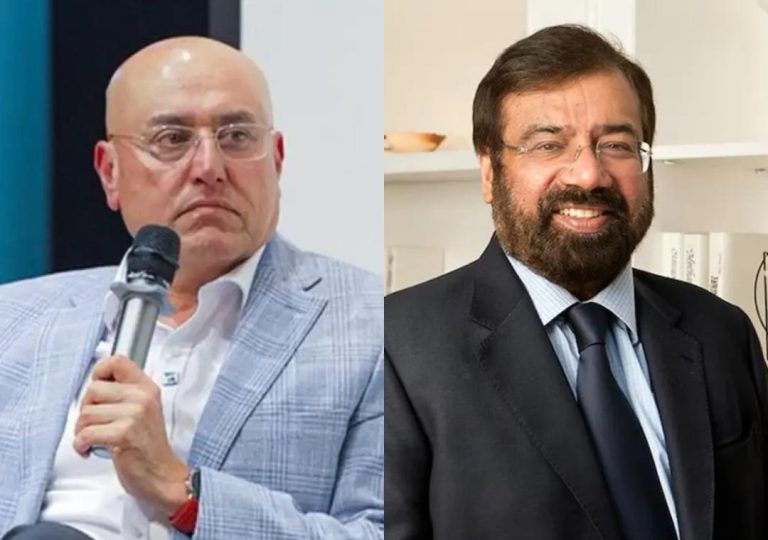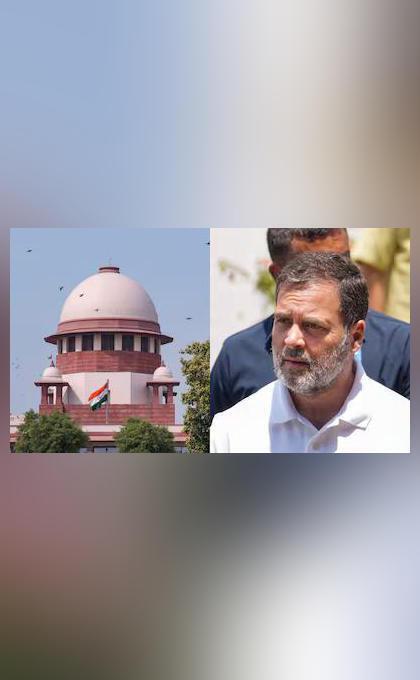
Why Ask on Social Media & Not in Parliament: SC to Rahul on ‘Land Grab’ Claim
The Supreme Court recently rebuked Congress leader Rahul Gandhi over his claim that China had grabbed 2,000 square kilometers of Indian land. The apex court’s remarks came while staying a defamation case against Rahul for his remarks about the Indian Army. The court’s stern reprimand has raised questions about the role of social media in influencing public discourse and the accountability of public figures.
Rahul Gandhi’s statement, made in 2020, sparked a national debate and was widely criticized by the ruling BJP and other political parties. The Congress leader had claimed that China had occupied 2,000 square kilometers of Indian land, which was later denied by the Indian government. The statement was seen as a major diplomatic faux pas and was widely condemned by the government and the opposition.
The Supreme Court’s rebuke of Rahul Gandhi came while hearing a defamation case filed by the Indian Army against the Congress leader. The court stayed the proceedings and asked Rahul Gandhi to file an affidavit explaining how he came to know that China had occupied 2,000 square kilometers of Indian land. The court’s stern tone was evident in its remarks, which were seen as a rebuke of Rahul Gandhi’s claim.
“Why do you ask such questions on social media instead of asking them in Parliament?” the court asked Rahul Gandhi. The court’s remarks were seen as a reflection of the growing concern over the role of social media in influencing public discourse. The court’s reprimand was also seen as a message to public figures to be more responsible with their words and to use official channels to raise concerns rather than social media.
The Supreme Court’s rebuke of Rahul Gandhi has sparked a national debate on the role of social media in influencing public discourse. The court’s remarks have raised questions about the accountability of public figures and the need for responsible behavior on social media.
In recent years, social media has become an increasingly important platform for public figures to express their opinions and engage with the public. However, the ease with which information can be shared on social media has also led to the spread of misinformation and disinformation. The Supreme Court’s rebuke of Rahul Gandhi is a reminder of the importance of verifying information before sharing it on social media.
The Supreme Court’s remarks have also raised questions about the role of Parliament in holding public figures accountable. The court’s reprimand of Rahul Gandhi has highlighted the need for public figures to use official channels, such as Parliament, to raise concerns and ask questions rather than social media.
The Indian Parliament is a robust institution that is designed to hold the government and public figures accountable. However, in recent years, there has been a decline in the use of Parliament as a platform for public discourse. The Supreme Court’s rebuke of Rahul Gandhi is a reminder of the importance of using official channels, such as Parliament, to raise concerns and ask questions.
In conclusion, the Supreme Court’s rebuke of Rahul Gandhi over his claim that China had grabbed 2,000 square kilometers of Indian land is a reminder of the importance of verifying information before sharing it on social media. The court’s remarks have also highlighted the need for public figures to use official channels, such as Parliament, to raise concerns and ask questions rather than social media.
As the Supreme Court has pointed out, social media is not a suitable platform for asking questions and raising concerns. Instead, public figures should use official channels, such as Parliament, to engage with the public and hold the government accountable.
Sources:
